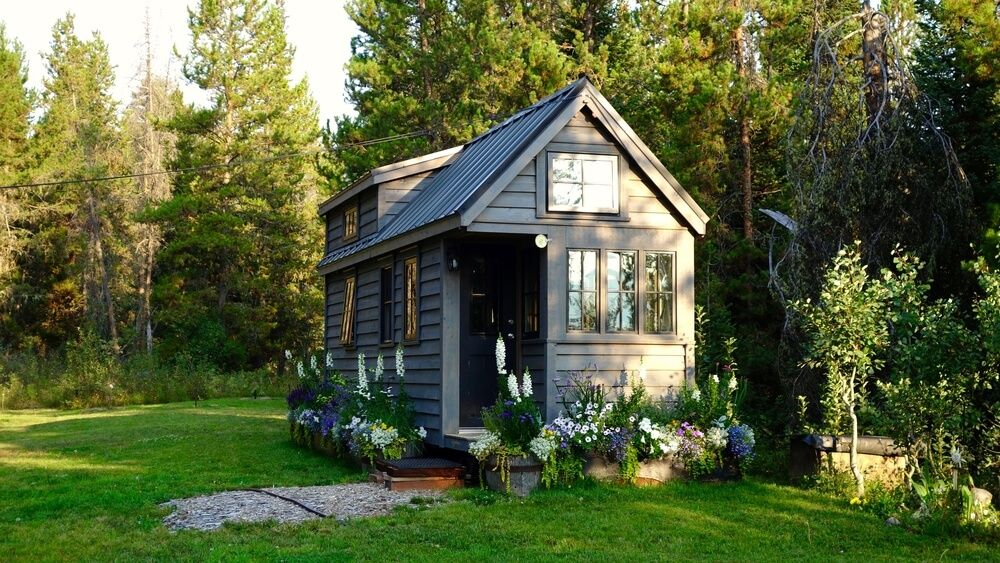Heating, ventilation, and air conditioning (HVAC) systems play a crucial role in maintaining a comfortable indoor environment in residential, commercial, and industrial buildings. These systems not only regulate the temperature but also control humidity levels and ensure proper air circulation. From keeping us warm in the winter to cool in the summer, HVAC systems are essential for our everyday comfort.
With advancements in technology, HVAC systems have become more energy-efficient and environmentally friendly. This article will discuss the importance of HVAC systems, how they work, and the different types of systems available for various applications. Whether you’re looking to upgrade your current system or simply want to learn more about HVAC, this article will provide valuable insights into this essential aspect of modern living.
The Importance of HVAC Systems
HVAC systems are essential for maintaining a comfortable indoor environment in residential, commercial, and industrial buildings. These systems not only provide heating and cooling but also help in controlling humidity levels and ensuring proper air circulation. With the ability to keep us warm in the winter and cool in the summer, HVAC systems play a crucial role in our everyday lives. As technology advances, these systems have become more energy-efficient and environmentally friendly, contributing to a sustainable future for all. For tips on how to make your HVAC system more energy-efficient, check out KS Environmental Group.

Types of HVAC Systems
There are different types of HVAC systems available to cater to various application needs. The most common types include split systems, packaged systems, duct-free systems, and geothermal systems. Each type has its unique features and benefits, making it suitable for different building structures and requirements. Understanding the differences between these systems can help you make an informed decision when upgrading or installing a new HVAC system in your home or office. Whether you opt for a traditional split system or a more modern geothermal system, the right choice can enhance comfort while also being energy-efficient.
In conclusion, HVAC systems are an indispensable part of our modern living, providing us with comfort, convenience, and energy efficiency. These systems help us maintain a comfortable indoor environment by regulating temperature, humidity levels, and air circulation. With advancements in technology, HVAC systems have become more environmentally friendly and sustainable, contributing to a greener future. Whether you’re looking to upgrade your current system or install a new one, understanding the different types of HVAC systems available can help you make the best choice for your specific needs. Prioritizing energy efficiency and comfort can go a long way in ensuring that your HVAC system meets your requirements while also being environmentally responsible.

Leave a Reply